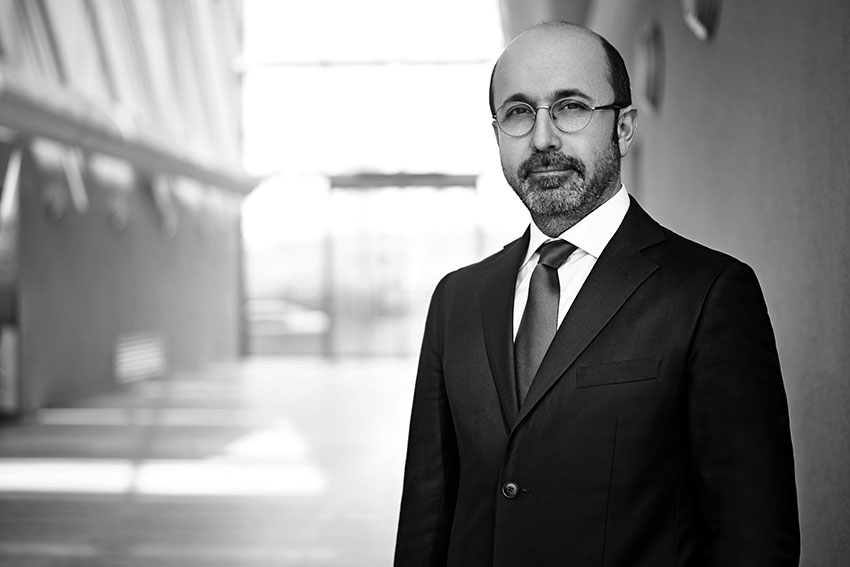Regulatory improvements and the establishment of the Istanbul Financial Center have put Turkey on track to becoming a global financial hub

Turkey might have faced political and economic pressures during the past 12 months but its financial services sector has remained remarkably buoyant throughout.
Having avoided much of the turmoil that struck the global markets in 2008, the country has been able to build a sustainable and profitable financial industry that is now well placed to enjoy considerable growth both domestically and abroad.
Indeed the banking sector has become crucial as Turkey seeks avenues for growth – and the creation of the Istanbul Financial Centre is proof of the ambitions. Numerous regulatory changes were made more than a decade ago when the country experienced its own financial meltdown and more recent changes such as the Capital Markets Law and the planned IPO of Borsa Istanbul are also helping to reposition Turkey as a global financial center.
Ümit Leblebici, CEO of TEB, admits challenges remain but says the country’s capital adequacy ratio of 14%-15% means it has the capacity to absorb shocks.
“In the 2001 crisis, the banking sector had low equities and so was not able to absorb shocks. Consequently, the regulators took many actions and as a result, everything is now under the control of the regulators and there is strong cooperation between the banks and the Central Bank.”
Mr. Leblebici also says that Turkey’s nimble workforce is providing considerable cause for optimism as the country can “easily switch from one lane to another. As a consequence, we are not getting stuck with any particular industries, our economy is quite flexible, so if we decide or aim to grow faster, we can achieve it.”
Such macroeconomic changes are enabling the firm to prosper, backed by a solid 10-year partnership with BNP Paribas, the world’s sixth largest bank. The firm is also keen to embrace Turkey’s emerging SME sector, which is set to play a key role in Turkey’s economic future and Mr. Leblebici says building relationships here will enable it to withstand wider economic pressures.
The potential of Islamic finance is also emerging, not least with the Islamic Finance Research Center, which was established in Istanbul in 2013. Turkish bank Ziraat recently became the first state institution to open an Islamic finance unit, with two other state banks – Halkbank and Vakif - expected to follow next year. Vahdettin Ertaş, Chairman of Turkey’s Capital Markets Board, says regulatory reforms are helping operators to make the most of the boon.
“We renewed our Sukuk regulation in 2013 and also made a new regulation after the reform on the private pension system which allows for the establishment of Sharia-compliant pension funds,” he says, adding that developing the Islamic insurance sector is also planned.
The result of these changes, according to Osman Çelik, CEO at Türkiye Finans, will enable widespread financial sector growth. Coupled with Turkey’s skilled workforce and its global outlook, the hope is that Istanbul will become a regional financial center within a decade and a global financial hub within 30 years.
0 COMMENTS